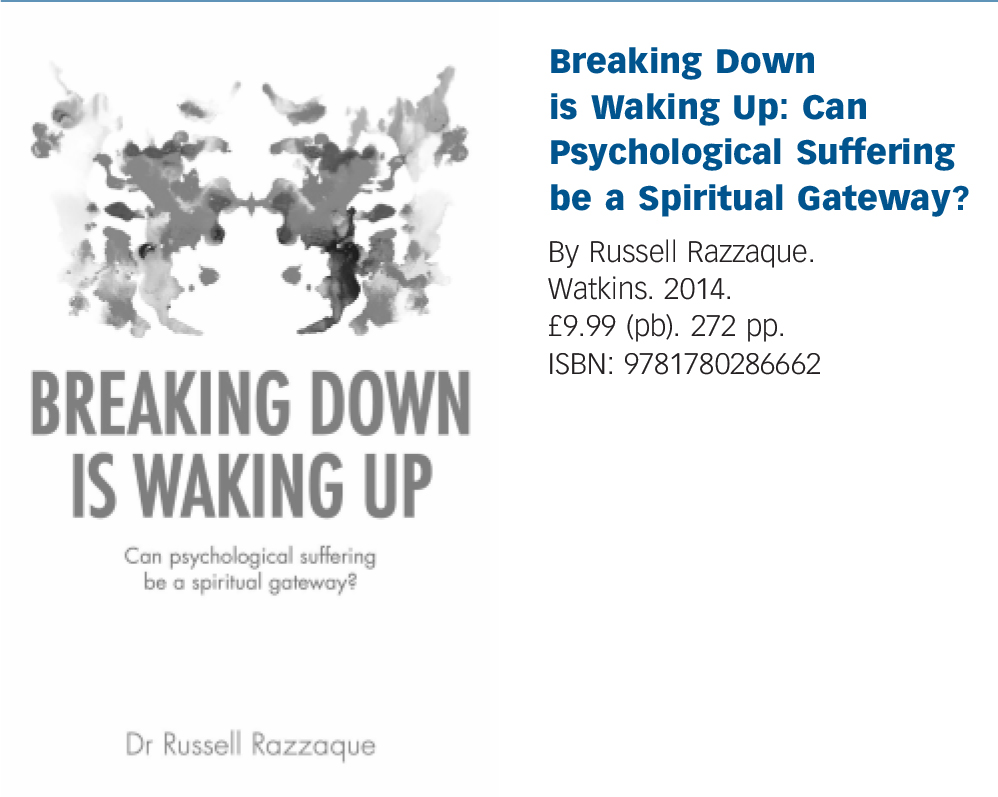
Psychiatry is experiencing an identity crisis. The recent publication of DSM-5 has revealed professional uneasiness and public anger regarding the subjectivity and arbitrariness of psychiatric diagnoses. The effectiveness of drug treatments is being questioned, funding for psychological therapy is evaporating and community services provision is being squeezed to such an extent that in places it is disappearing. Professional morale has dropped so low that, at one end of the spectrum, few medical students are entering the profession and at the other, many are looking forward to early retirement.
The subject of ‘service provision’ is often talked about. However, against this background one has to ask the question: what, exactly, is this ‘service’ which psychiatry now provides?
In this book, Dr Russell Razzaque offers an answer to this question. Razzaque himself is an NHS consultant psychiatrist of 16 years’ standing and for the past 10 years he has been working as consultant for a psychiatric intensive care unit in east London. He argues convincingly that a paradigm shift in our approach to mental distress is necessary and it is one which concentrates less on looking on patients as being ‘diseased’ and more on seeing them as experiencing a sense of disconnection from themselves, their community and life itself.
Razzaque explains that mindfulness-based psychological therapies can provide patients with the tools to learn how to manage their own mental state. These techniques are effectively a modern and secular equivalent to ancient methods of psychological healing based on meditational practice. He also calls upon new ideas, such as the open dialogue approach to patient care, acceptance and commitment therapy and the philosophical ideas of relational frame theory, to reinforce his argument. Approaching patient care in this way at least makes symptoms easier to bear and at best effects significant improvement, either without, or in combination with, drug treatments.


eLetters
No eLetters have been published for this article.